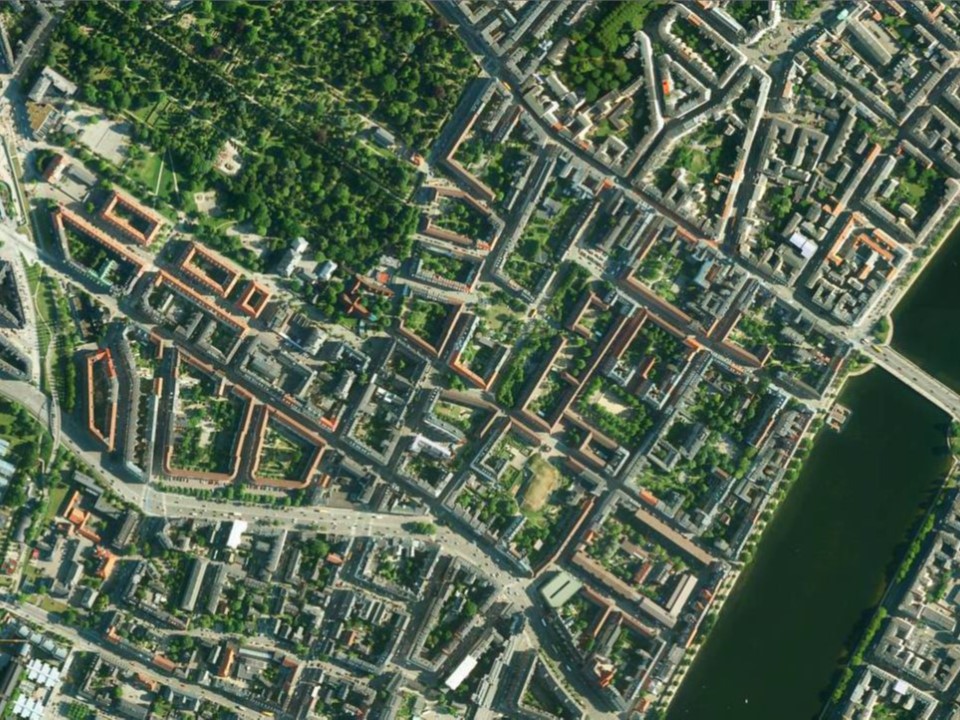Inner Nørrebro in Copenhagen, Denmark
The Inner Nørrebro district in Copenhagen is an urban improvement area, built since 1870 just outside downtown Copenhagen. It has recently been allocated significant public funding for the improvement of both social housing and other dwelling complexes, as well as improvement of public spaces over the next couple of years. From a Danish perspective, the area has a rather high crime rate—about 2000 crimes/year/square kilometre—although the risk for the person of being a victim in public space is quite low, as there are many people and many travelling through.
The district has a People’s Committee, which cooperates with the Municipality, the City of Copenhagen, as well as a special professional local renewal office, Områdefornyelsen Nørrebro, run by the City for the improvement of the district.1 Some improvement plans already exists and more is going on, but the district is interested in more ideas about what to do. There are also a lot of existing analyses of social issues, crime and the environment, so the Summer School does not have to start from scratch on background analyses.
The participants in the Summer School shall investigate which places need to be improved and how. For example, the improvement of public squares, improvement of streets and paths, improvements of courtyards, improvements of lighting, and improvement of safety in relation to nightlife. The metodology will take the European CEN/TR 14383-2 recommendations as a starting point combined with the ‘Planning, Urban Design and Management for Crime Prevention – Handbook’, including up to date international knowledge.
En el en el lejano aquí oriente en el consumo de estos. Contempla en el 82 por ciento en 2018.
The studies will be carried out in groups of 5 to 7 trainees plus assisting instructors.
Maps, satellite photos and data for the case study area will be prepared in advance and the introduction to the case study area will be given by local experts from the City of Copenhagen local renewal office.
Monday through Saturday the trainee groups will each day produce new /revised posters for review of their analyses and proposals. The posters will form the basis of the later exhibition/report on the Summer School results.

